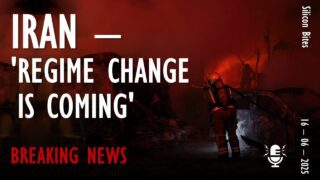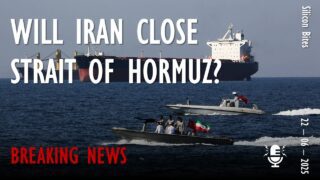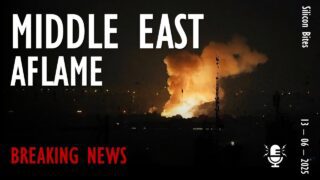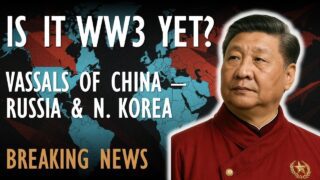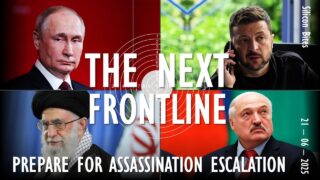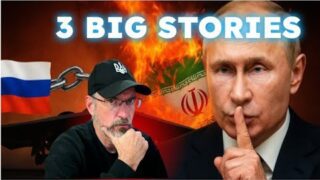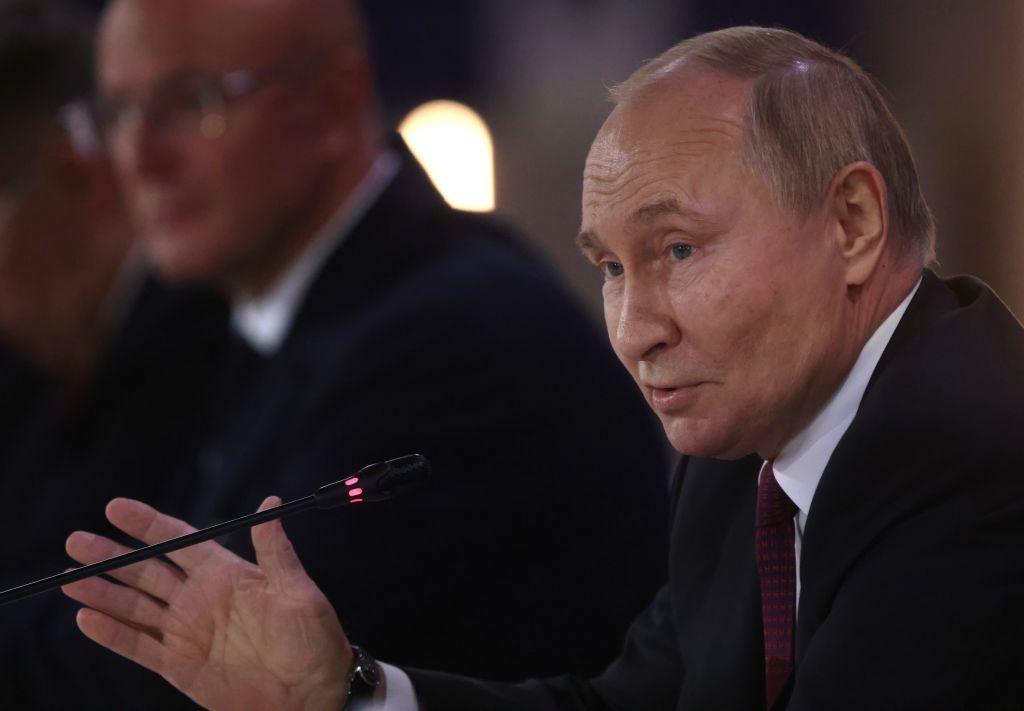
Opinion: Money-laundering watchdog FATF needs to blacklist Russia
The Financial Action Task Force (FATF) meets tomorrow, Oct. 22, and is expected to once again debate Russia’s blacklisting. That Russia, a clear state sponsor of terrorism, hasn’t been ousted from an intergovernmental body that sets global standards to combat terrorist financing, money laundering, and related financial crimes, is incredible.
It’s remarkable that Russia isn’t already on the FATF blacklist alongside North Korea and Iran. Just ask the CEO of Germany’s biggest arms manufacturer Rheinmetall, whom Russia plotted to kill, or consider the Russian bomb plots thwarted by the postal services in the U.K. and Germany. MI5 and its German equivalent have also recently flagged Russia’s growing terrorist threat.
Russia continues to violate sanctions and encourages others to do the same. As reported by the Financial Times and others, shadow fleets are circumventing sanctions with Russia’s support.
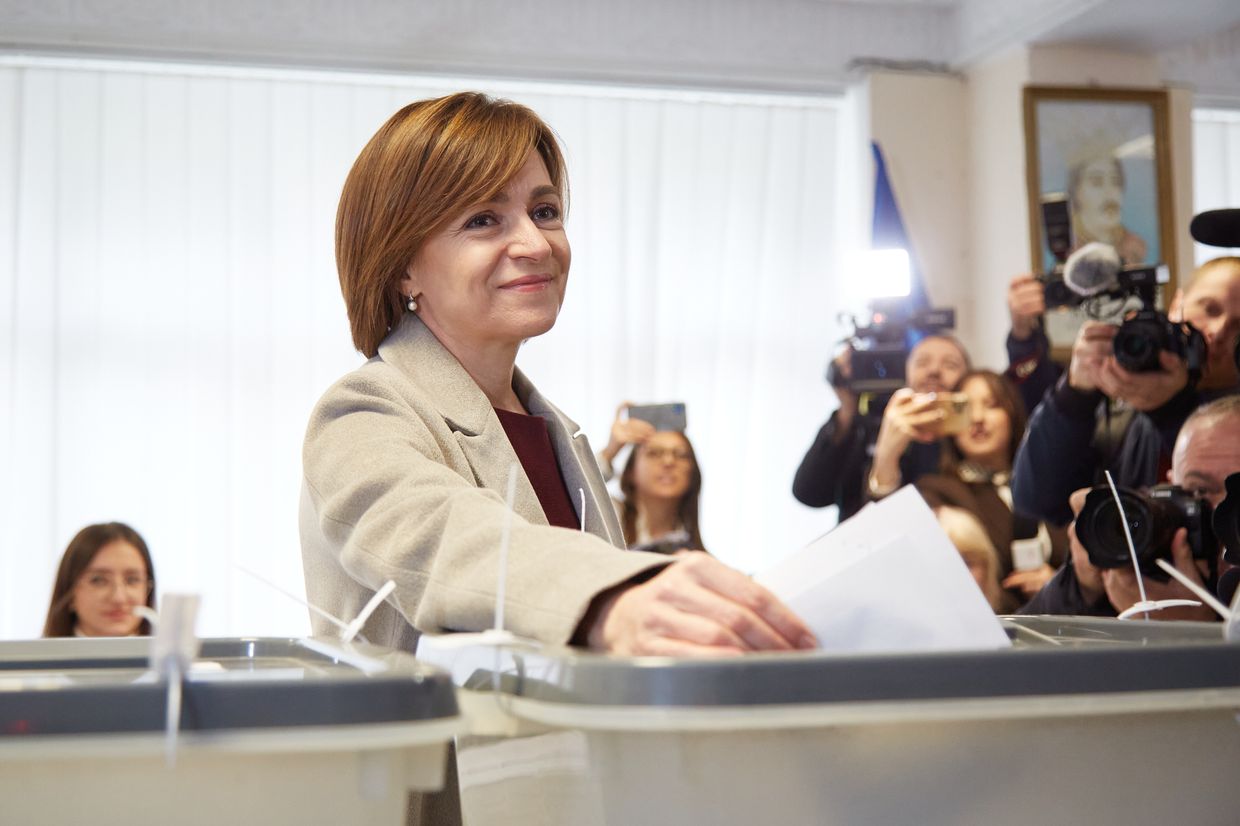

It would be a fitting move for U.S. President Joe Biden’s administration to finally push for Russia’s FATF blacklisting. Should a Donald Trump presidency follow, keeping Russia on the blacklist could serve as a bargaining chip for future peace negotiations over Ukraine.
In recent months, the mounting pressure on Russia’s economy has been evident. The ruble is approaching 100 to the dollar, inflation is rising, and Russia’s Central Bank has had to hike interest rates to stabilize the currency and counter inflation. These economic challenges partially reflect new sanctions, including measures against the Moscow Exchange (MOEX) and tightened secondary sanctions that make it harder for third-party countries, like China and India, to trade with Russia.
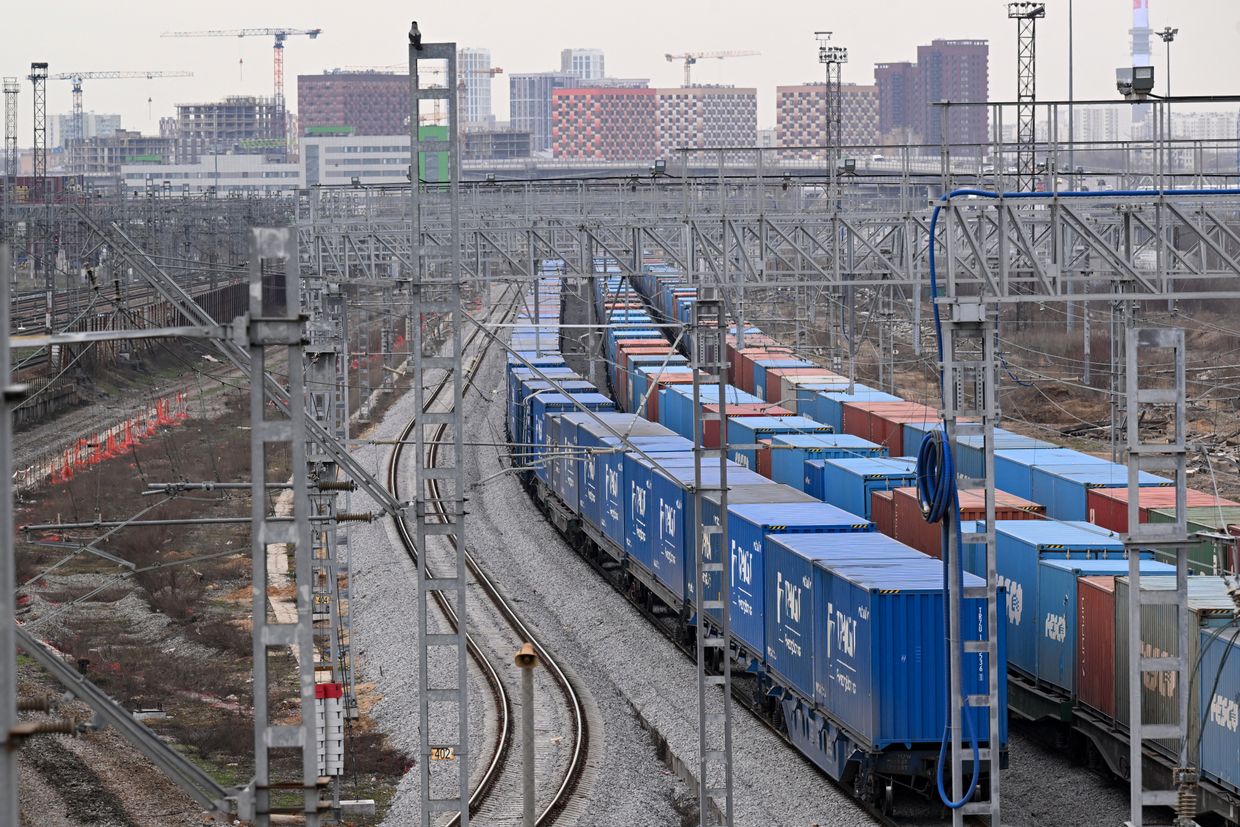

Tightening sanctions on Russia serves several important purposes.
First, it weakens Russia’s economy, making it harder and more expensive to regenerate its military and wage war on Ukraine.
Second, while sanctions were initially imposed in response to Russia’s invasion of Ukraine, it’s now clear that Russia poses a broader threat to Western interests. Russian President Vladimir Putin believes he’s at war with the West and NATO, so it's in NATO’s interest to weaken Russia’s military capabilities. Sanctions help degrade that threat.


Third, sanctions damage the Russian economy, giving Ukraine and the West leverage in future negotiations. For this reason, FATF blacklisting Russia makes strategic sense for the West.
It’s notable that FATF was originally created to counter the threat of Islamist terrorism after 9/11. One argument against blacklisting Russia is that it plays a key role in countering these same radical Islamist groups. However, recent events suggest Russia now poses a greater terrorist threat to the West than these organizations. Moreover, its alliances with Iran and North Korea – now supplying 10,000 troops to fight in Russia’s war in Ukraine – underscore its alignment with other FATF-blacklisted states.
Blacklisting Russia would send a clear message: aligning with Iran and North Korea to wage war against Ukraine and attack Western interests has consequences.
A potential counterargument is that blacklisting Russia could reduce its cooperation in fighting Islamist extremism, a key reason FATF was founded. However, given the growing threat Russia faces from these same radical groups, as seen in recent attacks, including the Moscow theater incident, Russia’s cooperation in counterterrorism efforts is unlikely to wane. It remains in Russia’s interest to address these threats, and FATF blacklisting shouldn’t change that.
Editor’s Note: The opinions expressed in the op-ed section are those of the authors and do not purport to reflect the views of the Kyiv Independent.




